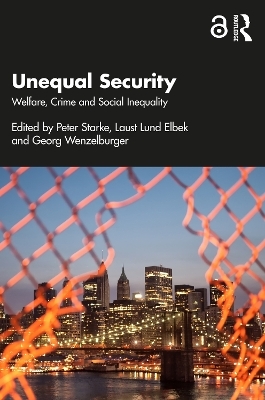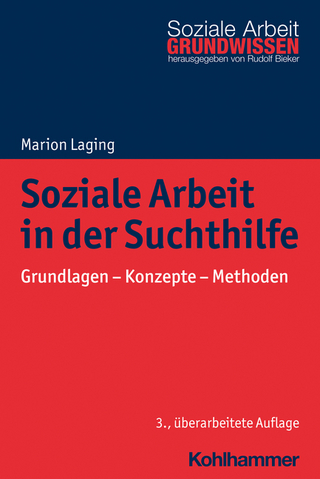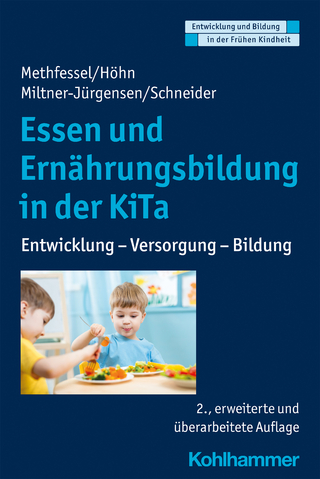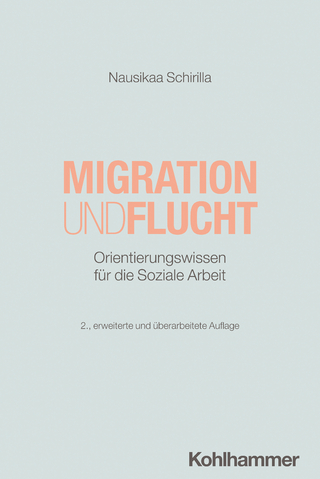
Unequal Security
Routledge (Verlag)
978-1-032-61125-9 (ISBN)
We live in an age of insecurity. The Global Financial Crisis, the Covid-19 pandemic, the wars in Ukraine and Gaza and the climate crisis are just the most evident examples of shocks that have increased the level of insecurity among elites and citizens in recent years. And yet there is ample evidence that insecurity is not equally distributed across populations.
Bringing together disciplines such as political science, criminology, sociology, and anthropology and combining quantitative and qualitative studies from a wide range of rich and middle-income countries, this collection presents a new framework for exploring the two key social challenges of our times – insecurity and inequality – together. The volume analyses the nature, causes and distribution of subjective insecurities and how various actors use or respond to unequal security. The essays cover a host of themes including the unequal spatial distribution of (in)security, unequal access to security provision in relation to crime and welfare, the impact of insecurity on political attitudes as well as policy responses and the political exploitation of insecurity.
An important contribution to debates across several social scientific disciplines as well as current public debate on insecurity and politics, the volume will be of great interest to scholars and researchers of criminology, social policy, peace and conflict studies, politics and international relations, sociology, development studies and economics. It will also be of interest to policymakers and government think tanks.
Peter Starke is a political scientist and a professor at the University of Southern Denmark. Based at the Danish Centre for Welfare Studies (DaWS), he specializes in comparative public policy research and political economy. Laust Lund Elbek holds a PhD in social anthropology (Aarhus University 2020). His work broadly concerns the ways in which the state makes itself present in politically, economically, and/or geographically marginal places. Georg Wenzelburger is a political scientist and holds the Chair of Comparative European Politics at Saarland University. His research is centred on the comparative study of public policies with a focus on Western Europe.
1. Introduction: Unequal Security: Why It Matters and How to Study It 2. Mapping unequal security across rich OECD countries 3. Diverging employment trajectories: occupational differences in unemployment risk and fear of crime 4. The prison security fallacy: How the everyday use of force produces unequal security 5. Insecure in High Security - Health precarity among Women in Norwegian Prisons 6. Framing, Inequality, and the Politics of Insecurity during the COVID-19 Pandemic 7. Economic Informality and Security Policy Preferences in Mexico and Latin America 8. The two faces of liberalism. Liberal parties and penal-welfare turns in Britain and Germany, 1906 to 2016 9. Economic Insecurity, Welfare Retrenchment and Heroin Use between the 1970s and 2000: a multi-cohort analysis 10. Conclusion
| Erscheinungsdatum | 25.09.2024 |
|---|---|
| Zusatzinfo | 24 Tables, black and white; 18 Line drawings, black and white; 18 Illustrations, black and white |
| Verlagsort | London |
| Sprache | englisch |
| Maße | 156 x 234 mm |
| Gewicht | 371 g |
| Themenwelt | Sozialwissenschaften ► Pädagogik ► Sozialpädagogik |
| Sozialwissenschaften ► Soziologie ► Spezielle Soziologien | |
| ISBN-10 | 1-032-61125-1 / 1032611251 |
| ISBN-13 | 978-1-032-61125-9 / 9781032611259 |
| Zustand | Neuware |
| Haben Sie eine Frage zum Produkt? |
aus dem Bereich


